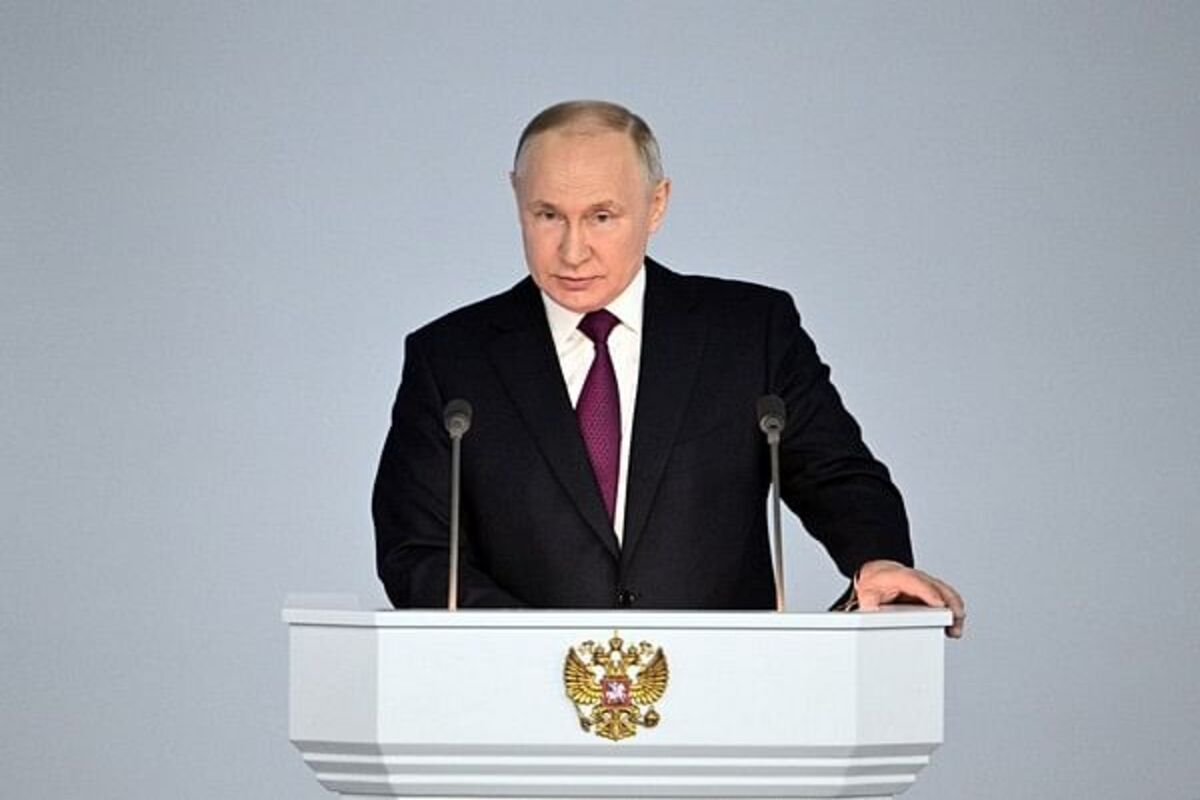Russian President Vladimir Putin has approved the federal budget for 2025 and the planned period of 2026-2027, with a significant 25 per cent increase in military spending compared to the previous year and a special focus on the development of transport corridors, including the International North-South Transport Corridor (INSTC) – the 7,200 km-long multimodal trade corridor that will link Russia with India via the ports like Chabahar.
The budget is notable for its secrecy, with one-third of its expenditures concealed from public scrutiny. The document, released on the legal-acts portal, emphasises key priorities such as fulfilling social obligations, ensuring national security and defence, advancing technological sovereignty, and developing infrastructure.
Advertisement
A total of 14 trillion rubles ($131.5 billion) has been allocated for defence, alongside 21 trillion rubles ($197.3 billion) for social policies and law enforcement and 14 trillion rubles ($131.5 billion) for national economic development over the next three years.
For 2025, Russia’s revenues are projected to reach approximately 40.3 trillion rubles ($378.5 billion), while expenditures are expected to exceed 41 trillion rubles ($390 billion), resulting in a deficit equivalent to 0.5 per cent of the country’s GDP.
Russia’s GDP is forecasted to grow steadily, reaching 214.5 trillion rubles ($2.02 trillion) in 2025, 230.5 trillion rubles ($2.17 trillion) in 2026, and 248.3 trillion rubles ($2.33 trillion) by 2027. Inflation is expected to remain under 4.5 per cent in 2025 and decrease to 4 per cent in the following years.
The approved budget reflects an emphasis on military needs, social welfare programs, technological development, and infrastructure modernisation. The increase in defence spending highlights Russia’s commitment to strengthening its national security amidst ongoing global tensions.
Earlier, Russian Prime Minister Mikhail Mishu stated that the 2024 federal budget was executed with a surplus for the first nine months.
He mentioned that the three-year budget places great emphasis on achieving the national development goals outlined by the Russian President and the development of transport corridors in the Sea of Azov-Black Sea and eastern directions, as well as the International North-South Transport Corridor.
“This is an ambitious goal set by the President. It is crucial for expanding foreign trade in view of the sanctions restrictions,” Mishustin said at a government meeting to review the federal budget.











